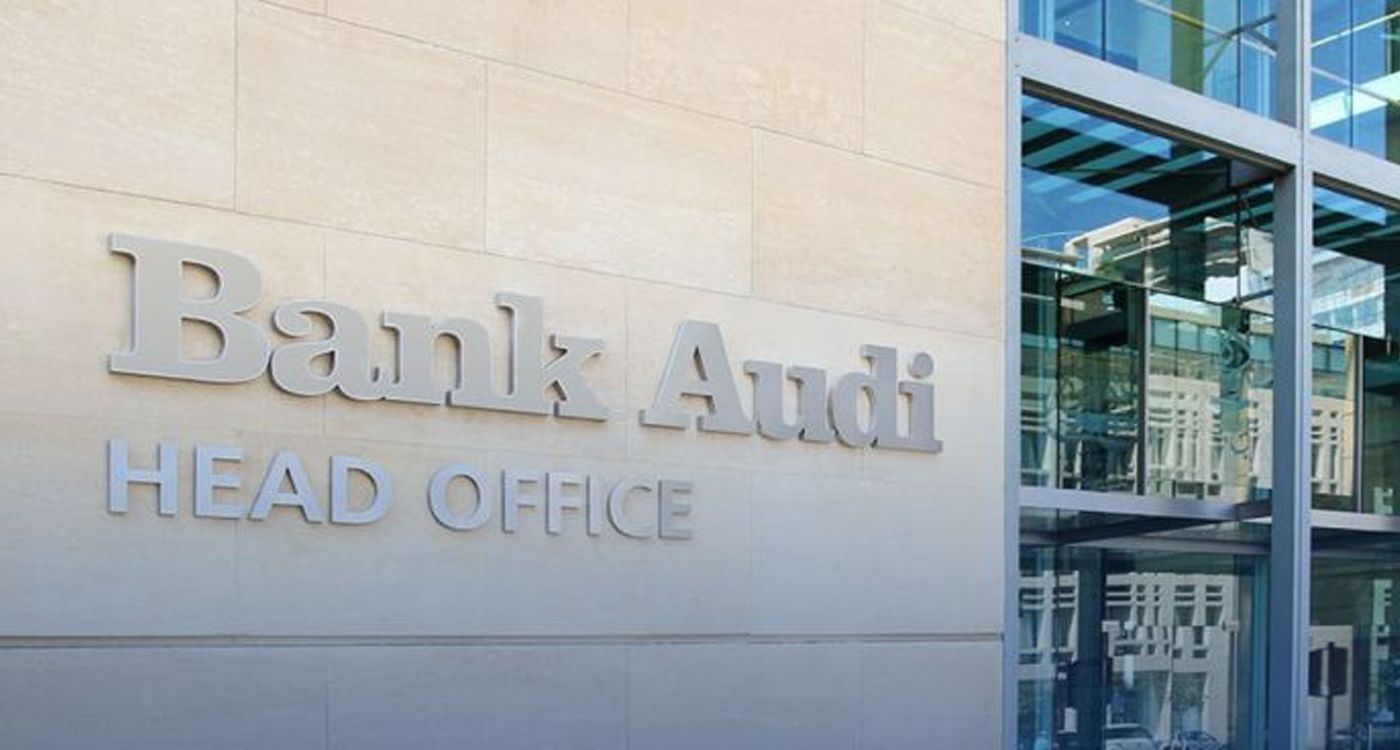
In its quarterly economic report, Bank Audi highlights that although the Israeli bombings have severely impacted the local economy, it is premature to definitively assess their direct and indirect short- and long-term impacts. Nevertheless, the report provides an initial analysis of the current economic situation and future outlook under various war scenarios.
Lebanon has suffered enormous human, material and economic losses due to the bombings, compounded by a massive wave of displacement not seen since the end of the Civil War in 1990. Most sectors of the Lebanese economy are currently stagnating, with significant declines in tourism and agriculture. The report indicates that the damages are colossal, estimated at a minimum of 40% of the country’s gross domestic product (GDP). The direct losses resulting from the Israeli attacks include costs related to infrastructure, destroyed buildings and homes, and damage to the agricultural sector. As for indirect costs, they concern the loss of economic activity, which is significantly greater than the direct losses.
The Lebanese economy could experience a contraction of -8% for the current year if the conflict extends for three months, and a -20% contraction the following year if the war lasts an entire year. The report notes that, unlike the situation in 2006, the country is already suffering from significant economic imbalances and losses in the financial sector.
Monetary conditions showed minor variations in the Lebanese pound’s exchange rate against the US dollar during the first nine months of 2024. However, the Central Bank of Lebanon's foreign exchange reserves came under pressure in early October, following the announcement of exceptional measures to meet dollar demand in the market. The reserves, which had increased by approximately $2.1 billion between July 2023 and September 2024, dropped by $343 million in the first half of October, reaching $10.322 billion. This contraction, the first since Wassim Mansouri took office as interim governor of the Central Bank, is mainly attributed to increased cash withdrawals due to Circulars No. 158 and 166, the payment of civil servants' salaries in dollars, and the Central Bank’s intervention in the parallel market.
Regarding Eurobonds, their value has risen by 35% in international markets in a month, from 6.5 cents in the last week of September 2024 to 8.75 cents currently. International investors anticipate potential changes in the national political-economic landscape in the medium term, despite the immediate challenges. Nevertheless, the report indicates that some positive points are emerging amid the current general climate of uncertainty. Market public debt has decreased from $95 billion before the financial crisis to approximately $7 billion today.
Similarly, private sector loans (business and individual) have fallen from $55 billion before the crisis to less than $1 billion in market value, representing less than 5% of the GDP, compared to a global average of 110%. Overall, Lebanon's total debt has decreased from $150 billion to less than $10 billion, hinting at the possibility of significant real economic growth once the cyclical conditions improve.
Moreover, the Lebanese private sector appears resilient despite the notable setbacks, as it has managed to adapt to an environment where unexpected events have become the rule rather than the exception. Finally, the report states that if confidence is restored with the end of the war and a political settlement, along with the desired reforms, is approved, the GDP could return to its pre-financial crisis level within five years. This recovery could pave the way for sustained real growth over several years and a reassessment of the standard of living and overall socio-economic status.



Comments